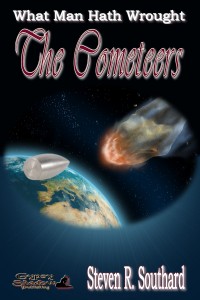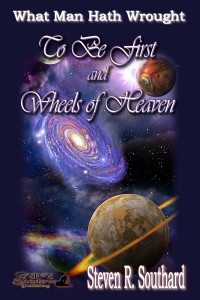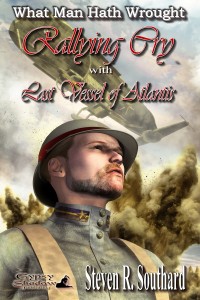In the fiction writing business, how much depends on what you know and how much on who you know? (Yes, English teachers, I know that should be ‘whom.’ Sorry.)
In a recent post, poet Damiana Andonova discussed the importance of establishing and maintaining a network of useful contacts to help your writing career. That caused me to wonder about the what-you-know/who-you-know dichotomy as it applies to fiction writing. The age-old conundrum exists for people in all fields, of course, but I’ll limit my discussion to authors.

The who-you-know method conjures the image of hitching your wagon to a star. Poet Ralph Waldo Emerson coined that phrase, though he meant something different from aligning yourself with an up-and-comer so you can rise. I’m referring to that modern interpretation.
Who You Know
Advocates of this school believe in the power of networking. Where’s the value in writing amazing prose if the right editors never see it? You can learn so much by connecting with other writers, editors, and agents. Not only learn, but—let’s face it—editors and agents would rather not take a chance on a fresh unknown, and would prefer to work with someone they know and can depend on. The sooner you become that someone, the sooner your writing career will succeed.
Those who hold this view contend that all famous writers, every one of them, established and maintained a strong relationship with one or more editors, agents, and publishers. How could a writer become famous without that?
What You Know
Adherents of this school believe everything starts with what you know. Unless you write well first, you’ll never form the network at all. No agent or editor will champion a writer who crafts low-quality prose, and they won’t stick with a skilled, one-book writer after the pitcher of creative juice runs dry.
Hone the craft, they say. Put your effort into churning out product. If you write it, they will come. Yes, famous writers can point to a network, but they didn’t become famous without a lot of readers, and readers want good writing.
Taken to Extremes
You may stretch both views too far. A who-you-know writer may schmooze and flatter while dashing off mediocre drivel. A what-you-know writer may scribble in the basement by candlelight, generating wondrous masterpieces that crumble to dust, unread. Neither extreme appeals to me.
The Elusive Balance
A compromise seems the wise course. But where’s the balancing point? To be specific, what percentage of time should a writer devote to writing versus networking?
On a line segment with ‘who you know’ at one end and ‘what you know’ at the other, the optimum point between them will present a problem no matter where it lies. In general, extrovert writers enjoy networking and introverts hate it.
As with many other areas of life, success requires leaving your comfort zone and enduring the distasteful but necessary tasks.
Worse, I suspect the optimal balance point varies from writer to writer, and even shifts over time. In other words, you have to find your own optimum, and wherever it is, you won’t like it. Even if you learn to accept it, it will move somewhere else on the line to a place you won’t like.
Don’t Get Me Wrong
I mean no disrespect toward Damiana Andonova and am not criticizing the points she made in her blogpost. I’m delighted she found success. She attributes a good part of that to networking, and no doubt she’s right. I suspect she writes marvelous poetry, though, and therefore what she knew played a role as well.
My Own Balance
Though I scribble in the basement by candlelight, I must acknowledge the people in my own network. The employees at Gypsy Shadow Publishing and Pole to Pole Publishing as well as several editors at other publishers have been of enormous help to me. I’m grateful to them all.
Each of those stars has towed the wagon of—
Poseidon’s Scribe

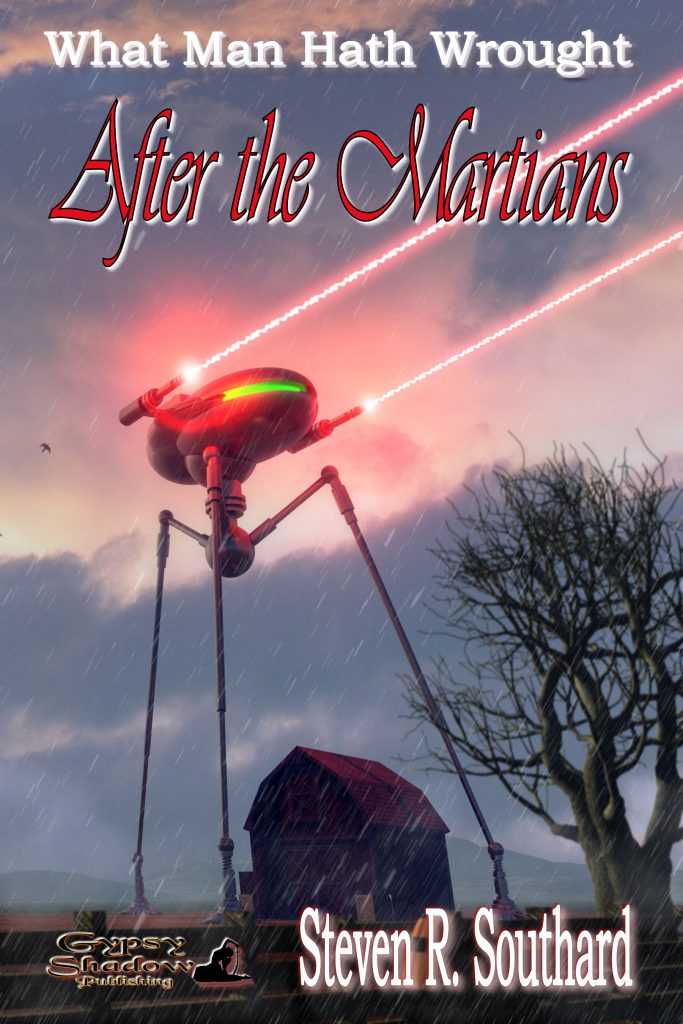
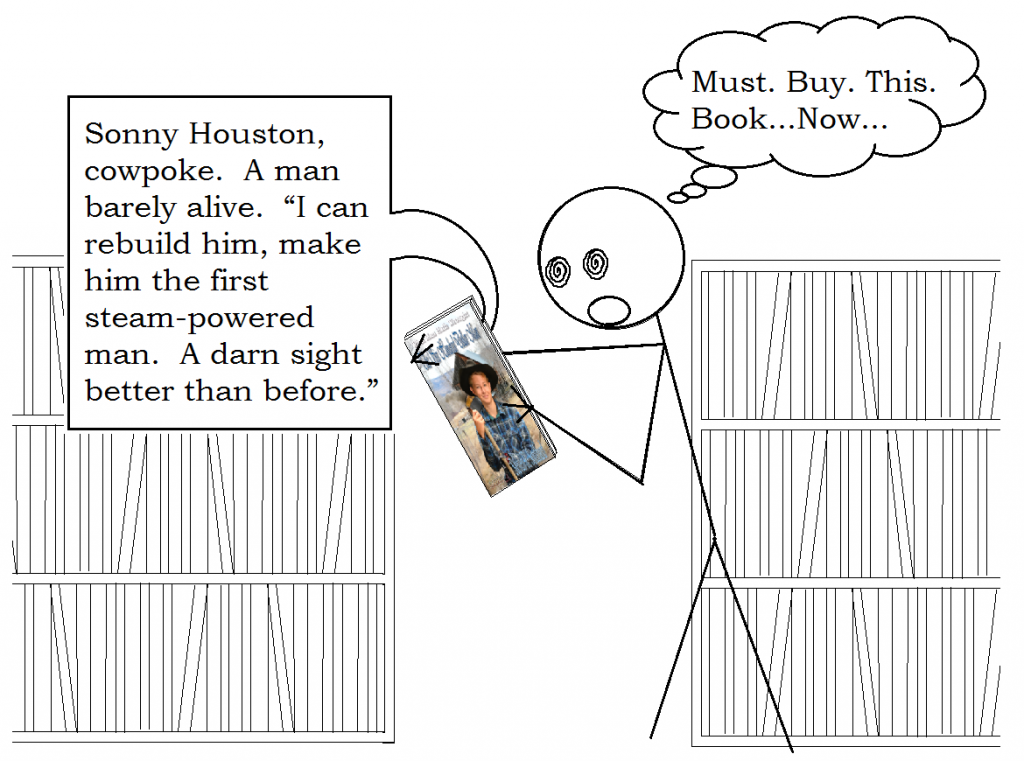
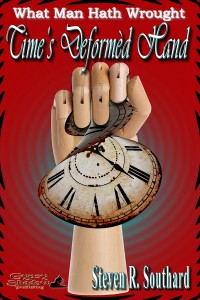
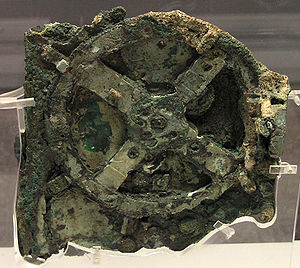
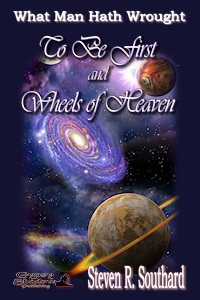

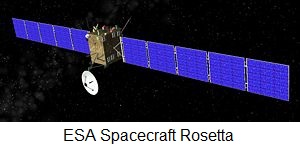
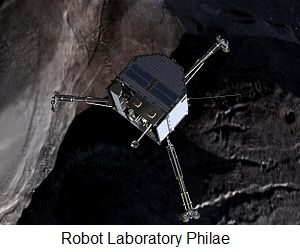 They claim this will be the first time a human-built spacecraft has landed on a comet.
They claim this will be the first time a human-built spacecraft has landed on a comet.